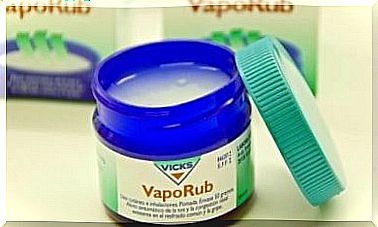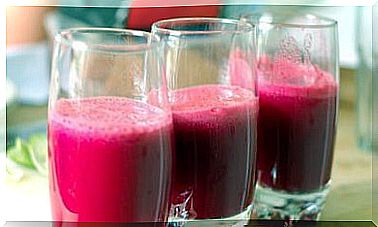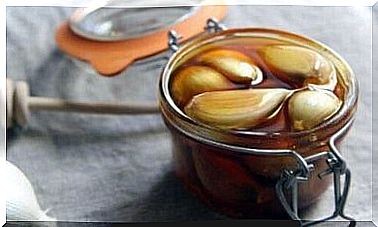Sun Protection With Natural Oils Is Dangerous!
However, this trend is very dangerous, as natural oils are in reality not a suitable sunscreen.
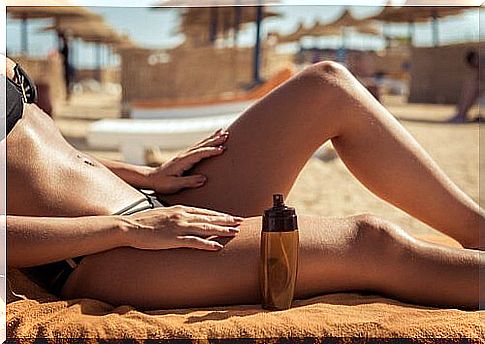
Are you on your way south with packed suitcases , would you like to escape winter for a few days? Then you’ve probably heard of the new trend towards using natural oils as sun protection.
However, this trend is very dangerous as natural oils are not really a suitable sunscreen . This article explains why.
What makes the sun so dangerous?
There are two types of UV rays. The UVB rays, which have a wavelength of 280-315 nm, are usually more familiar to us. This is because it is the UVB rays that cause sunburn. UVB rays are carcinogenic.
UVA rays have a wavelength of 315-380 nm. They are weaker than UVB rays but no less dangerous. UVA rays penetrate deeper into the skin and release free radicals, which are also carcinogenic.
So when looking for a suitable sunscreen, make sure that it blocks both UVB and UVA rays.
In general, it is also important not to be in the sun too long. You should:
- Go to the shadow.
- Avoid the midday heat.
- To renew the sun protection after bathing or after two hours.
It is important to take care of yourself and your skin. Return home, to your hotel, or some other type of accommodation, especially to avoid the intense sunlight in the midday hours.
Incidentally, this also applies when it is cloudy! Clouds do not provide adequate protection from the sun. We can get burned even if we don’t feel like we’re roasting in the sun.
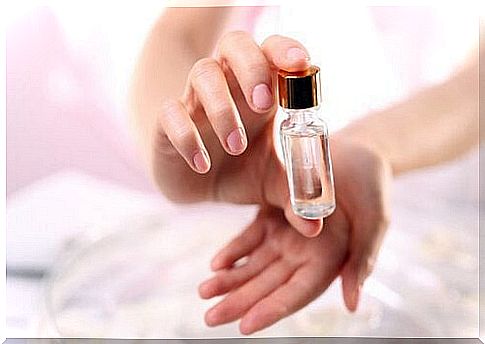
As mentioned, there is a trend towards using natural oils as sun protection. Here you can find out why this is dangerous.
Various studies have been carried out on this subject. It is important to note, however, that these studies were carried out in laboratories and no human clinical studies have existed.
In addition, these studies only carried out tests with UVB radiation; UVA radiation was not taken into account!
Avocado oil as sun protection
Avocado oil has a very low sun protection factor (SPF) of 3, which means that it lets through almost 100 percent of harmful UVB radiation.
Wheat germ oil
Wheat germ oil is very cheap and hardly smells. It provides your skin with a lot of vitamin E, which has an antioxidant effect.
But it is not an effective sun protection. It has an SPF of around 10, which is very low.

Coconut oil
Coconut oil can be used for a variety of purposes. It can take care of the skin and hair and smells delicious.
However, this oil is not suitable for protecting you from the sun. It has an SPF of 7 and therefore only blocks UVB rays very little.
Carrot seed oil
Carrot seed oil can help with various skin problems, such as eczema. However, like the natural oils already mentioned, it is not an effective sun protection.
One study showed that carrot seed oil has an SPF of around 20, which of course doesn’t sound too bad. It is important to note, however, that this study did not mention the exact ingredients of the carrot seed oil tested.
It should be noted that it is very difficult to assign the effect to a specific active ingredient.
almond oil
Almond oil is one of the most popular essential oils. It is also good for the hair and gives it a radiant shine.
However, almond oil only has an SPF of 4 and is therefore not suitable for protecting you from sun exposure.
Raspberry seed oil
This oil is not that easy to find. Raspberry seed oil supplies the skin with vitamins A and E, keeps it healthy and young and can also have a slight anti-inflammatory effect.
In a Canadian study, the SPF of raspberry seed oil was determined to be 28-50. Hence, the study concluded that, when highly concentrated, it could be used as protection against UV rays.
But, as I said, this study was also carried out in a laboratory. It is therefore unknown how much raspberry seed oil would have to be applied to the skin in order to achieve this protection at all.
In addition, it is unknown what happens when the oil is absorbed into the skin and whether the protection remains.

Soy germ oil
Soy germ oil is used in the gastronomy of the Orient, countless dishes in Asia are prepared with soy oil.
It has an SPF of around 10 and is therefore highly unsuitable as sun protection.
olive oil
Our beloved all-rounder: olive oil. You may already know 1,000 uses for olive oil, but there are sure to be many more. Olive oil promotes our health inside and out.
But it is not suitable to protect you from the sun. It only has an SPF of around 7 and would expose you to dangerous UV rays.
Jojoba oil
Jojoba oil is used in numerous recipes for beauty care, for example in the preparation of soap or shampoo. It is particularly suitable for flaky, dry skin.
Since jojoba oil’s own SPF is very low at 4, you should definitely not use it as a sunscreen.
More oils and their SPF
Other oils that should not be used for sun protection are:
- Sesame seed oil – it only has an SPF of 1!
- Castor Oil – SPF 5
- Mustard Oil – SPF 2
- Lavender Oil – SPF 5
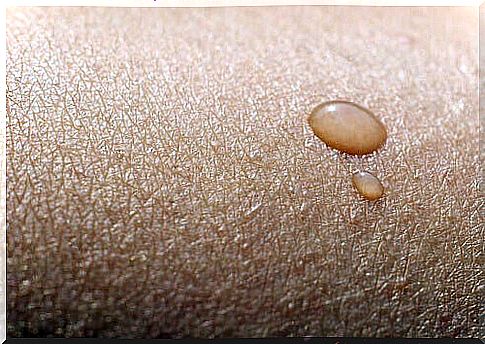
When it comes to sun protection, you should make sure that it protects you from UVB and UVA radiation and that it at least complies with the EU directive of 2008/2009.
But even with sun protection you should n’t stay in the sun too long, there is no sun protection that protects you from 100% of the sun’s rays.
